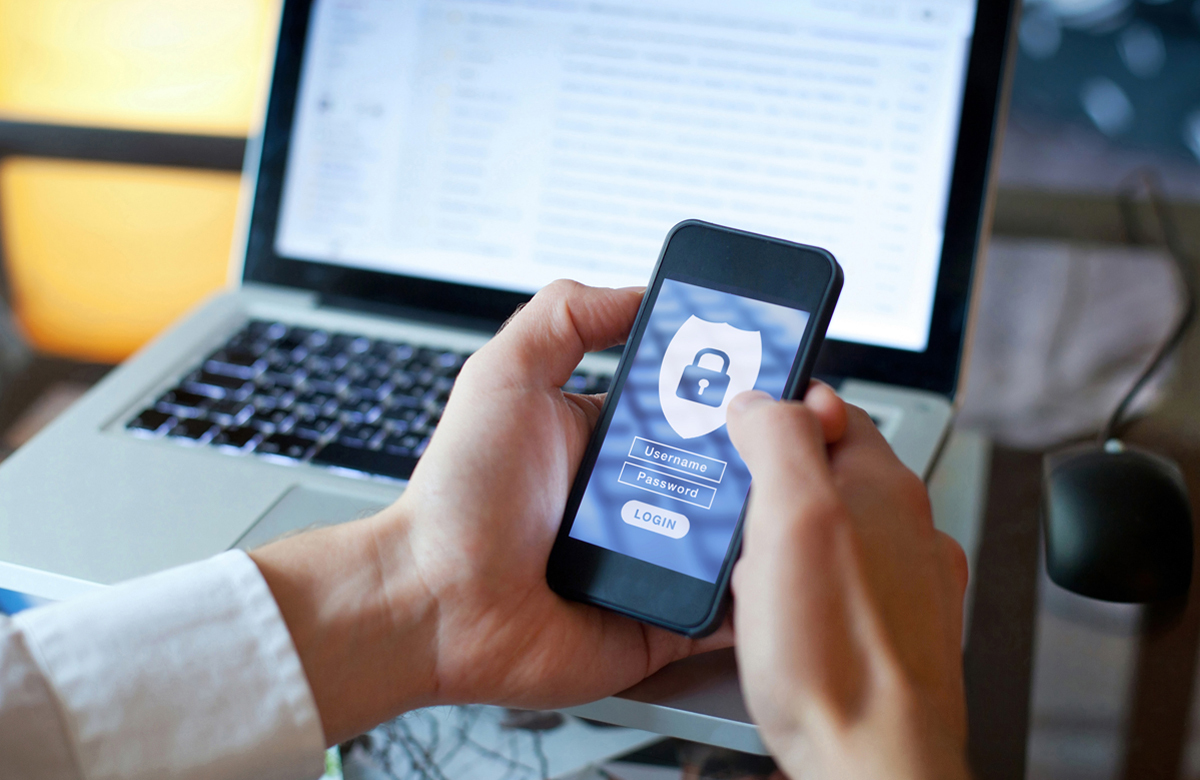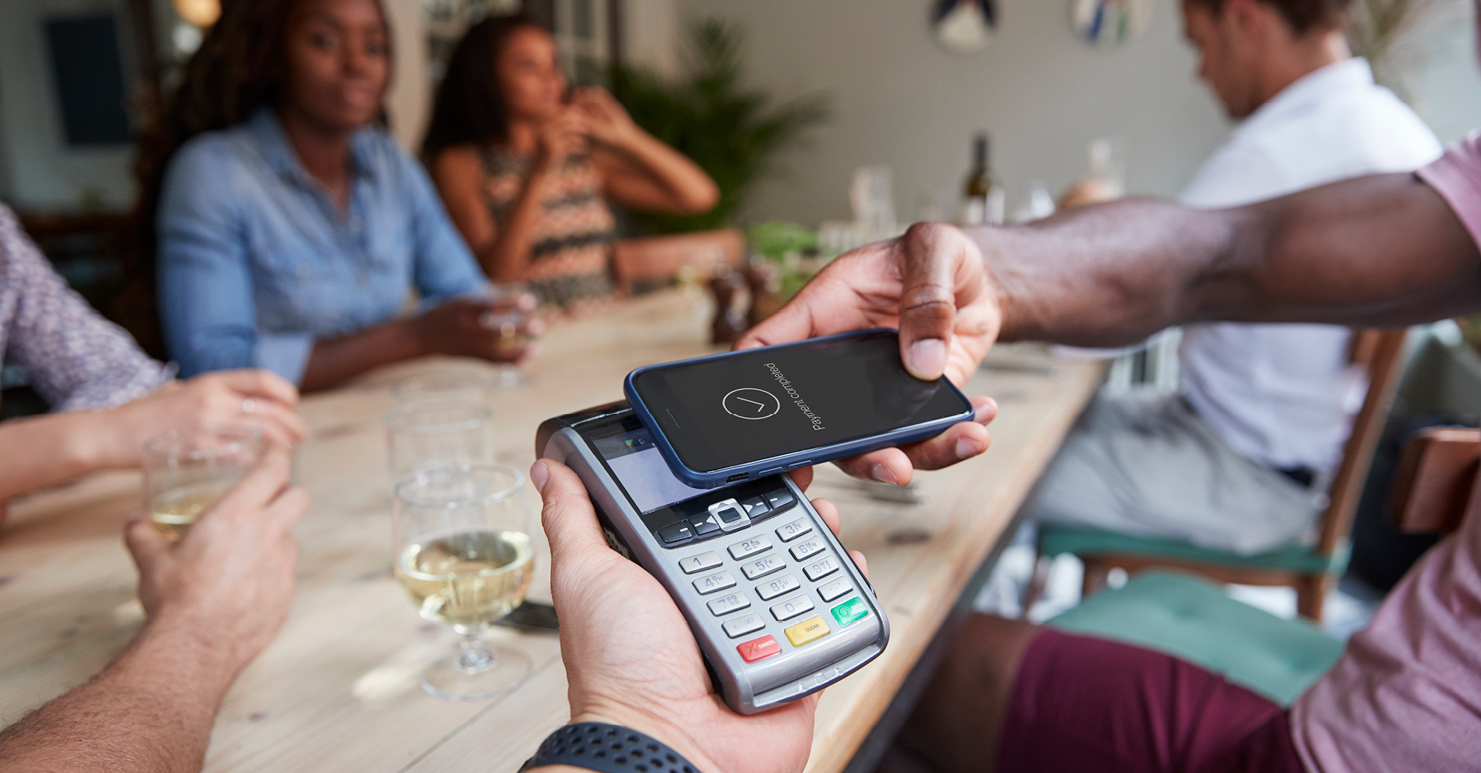My tools • October 22, 2020
modified on March 13, 2023
Cybersecurity: How to protect your personal tools?
A few simple and effective tips to follow.

It’s clear that the pandemic has contributed to a significant increase in our use of connected devices. Whether it is for online transactions, working from home, remote studies, telemedicine or simply to keep ourselves busy at home, we have all used our telephones, computers, televisions, game consoles, and our Wi-Fi network more than ever! This increases our exposure to the risk of malicious attacks. In 2022 alone, The Canadian Anti-Fraud Centre received 70,878 reports of fraud1. In order to stay safe from cyber threats, we share with you, in this article, some simple and effective tips to protect all your connected devices.
- The phone is the device you probably use the most. Make sure you protect it
Always use a password to unlock your phone. Some smartphones also have a feature that recognizes your fingerprints or face to access data; this option can be an even safer way to protect yourself from cyber threats.
You may also have received one of those text messages inviting you to click on a link to update your banking and personal information or warning you about closing your account if you do not reply to the message. The golden rule is to never click on a link or provide your personal information! - Beware of fraudulent emails
Beware of suspicious emails such as messages announcing that your account will be closed if you do not update your contact information. If you open them by mistake, do not click on a button or link that invites you to give your personal information. Always check the source and the email address of the sender and call the company to let them know. Remember that in 2019, 30% of fraud reports were related to cyber fraud and this trend has increased even more in 20202, especially in the context of COVID-19. - Choose a secure password
Did you know that one of the most used passwords in the world is 1234563? Many people choose simplicity when it comes to finding a password, making it easier for fraudsters. Instead, opt for a long and complex password that combines letters, numbers and special characters to better protect your information. Another good tip would be to choose different passwords for your emails and bank accounts and change them regularly. - Updating your connected devices is important
Update the operating systems of all your connected devices to protect them from cyber threats. These system updates often provide security enhancements and fix bugs that leave the device vulnerable to attack. - Think also about your Wi-Fi network
Make sure you are always connected to a protected network. If you are outside and need to connect to a public network, be careful not to access your bank account or provide your personal information. In the current context, you probably use your Wi-Fi network daily for work or school. It is therefore important to think about changing your network password to a password that is difficult to guess so that fraudsters cannot use it. - Protect your electronic devices
Make a habit of scanning your various devices (phone, computer, tablet) for new threats using reputable antivirus software, and don’t forget to update them regularly. Doing so will put you in a better position to avoid malware—installed unbeknownst to you—and other tech-related headaches.
Sources
+ Legal Notices
The articles on this website are for information purposes only. They do not create any legal or contractual obligation for Laurentian Bank and its subsidiaries.
These articles do not constitute financial, accounting, legal or tax-related advice and should not be used for such purposes. Laurentian Bank and its subsidiaries may not be held liable for any damage you may incur as part of such use. Please contact your advisor or any other independent professionals, who will advise you as needed.
The articles may contain hyperlinks leading to external sites that are not managed by LBC. LBC cannot be held liable for the content of such external sites or the damage that may result from their use.
Prior written consent from the Laurentian Bank of Canada is required for any reproduction, retransmission, publication or other use, in whole or in part, of the contents of this site.


